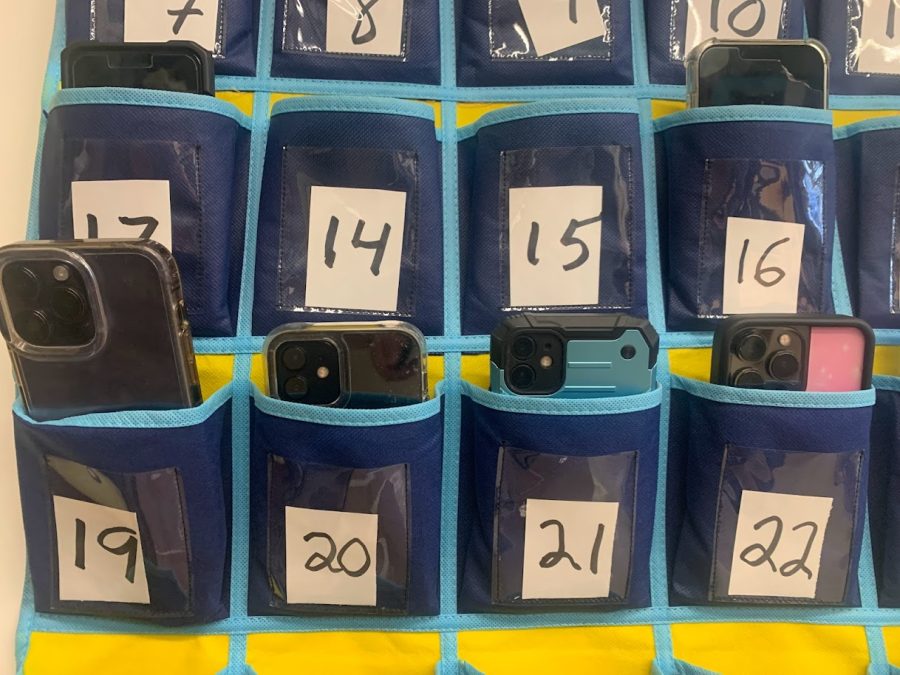Cell phones in school have become a problem according to teachers, principals, and parents. But as much as they complain about it, the phone problem may be here to stay.
Cell phone statistics
To start off the statistics say that 95.5 percent of students bring their phones to school. Students even admit that ten percent of students have texted during an exam. It raises a question about self-control.
Do people who constantly use phones lack self-control? It doesn’t necessarily show they lack it, but they rely on their phones to get through the day. There is a good chance you a have problem with putting your phone away if you have the urge to bring your phone out. The Newport Academy website contains information about teen cell phone addictions. “Teenage cell phone addiction goes well beyond texting and talking. It includes apps, games, and, in particular, social media. For teens, cell phones have become a way to comment and criticize, approve and admire.”
Cons
A 2016 study says that 34 percent of students cyberbully kids within a school which can lead to mental health. Cell phones can lead to cyberbullying. According to The Post, in New York Schools during 2015-2016 school year, prior to the state’s ban on cell phones in the classroom, there was 804 reported cyberbullying issues. “The most common types of incidents involve fat-shaming and harassment over race, gender and sexual orientation.”
All of these are big factors as to why school phones are negative effects on students in school. Mrs. Darragh Spiewak, an English teacher from Colonia High School, stated, “I want my students to develop their own thoughts and feel good about themselves. When they get something because when you use a phone or computer to look it up, it erases the process.” A lot of this is true about phones.
“The sneakiness is what gets me,” added Mrs. Danielle Allen, English teacher. “You catch a student on their phone cause their lap is glowing and they deny it and then the negotiating begins. My new favorite when a student told me that because I wasn’t speaking in front of the class, that he could use his phone since it wasn’t instructional time.”
Pros
For example, students in school have to rely on their phones to post work. You have to submit work for homework that’s due after school. Most people go to their phones as their first option. Phones also allow students to communicate with their teachers as well with the use of educational purpose apps.
Apps, like Remind, let students ask questions and ask for help even when school hours are over. Students can get help whenever they need it, even when they’re struggling. One more positive is phones can be used for emergencies. Phones can be really useful and helpful in situations with students having the need to call their parents. Schools won’t really say no if they need to talk to their parents.
A student at Colonia High School named Elias Meli said this about phone use in school. “I think each teacher should have their own policy on it. But I do not warrant them taking your phone and not returning it by the end of class.” Even a student who goes to a high school still has issues with how students and teachers deal with it.













